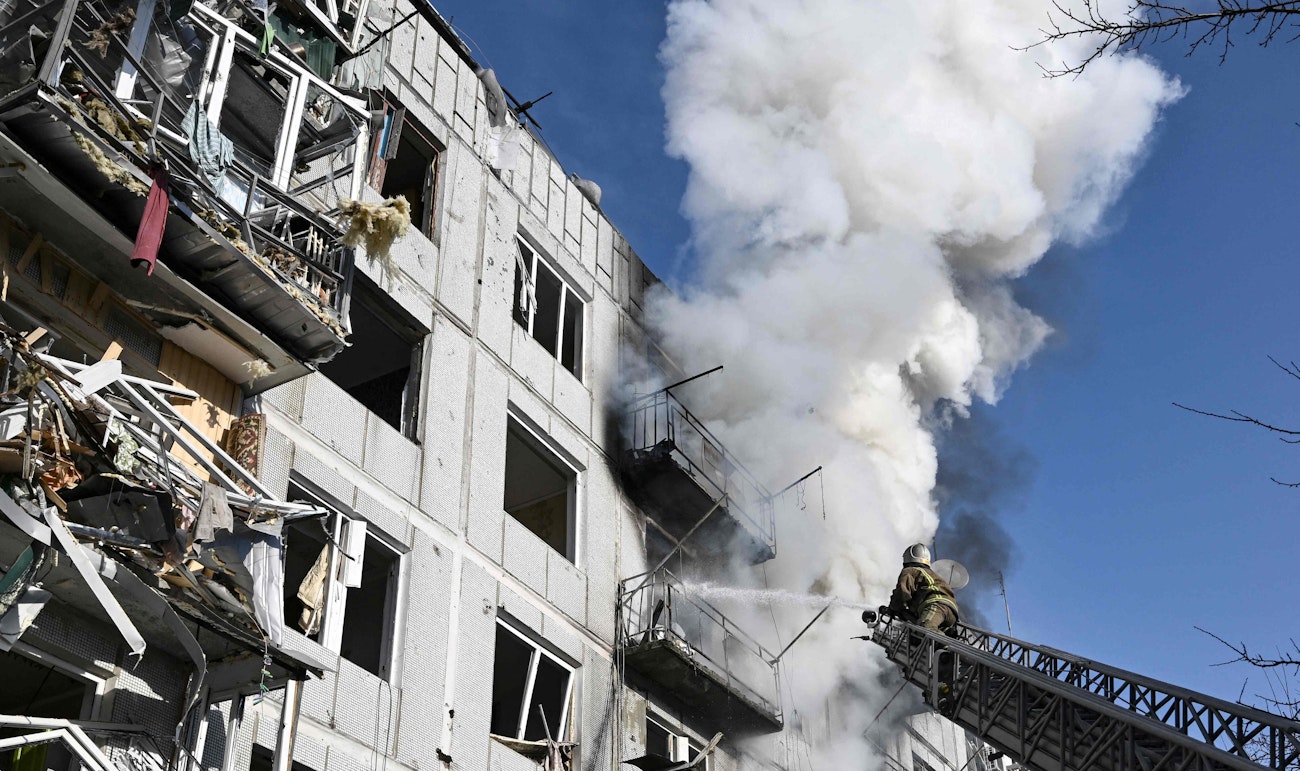The Russian armed forces are now less than two miles away from overwhelming the city of Pokrovsk. The conquest of that city will have three major consequences for Ukraine. The first is that Pokrovsk is a key logistical hub, the loss of which would threaten the Ukrainian armed forces’ ability to supply their troops in the Donbas. The second is that, beyond Pokrovsk, Russian troops may find mostly undefended fields as they continue their march west across the Donbas. The third is that Pokrovsk is home to Ukraine’s only coking coal mine.
Coking coal is essential in the manufacture of steel. The loss of Pokrovsk would affect not only Ukraine’s economy, but its ability to obtain steel for its military manufacturing industry. As the tide of Russian troops rushes toward Pokrovsk, the coking mine has been forced to shut down 50 percent of its operating capacity. If the remainder is lost, Ukraine’s steel production could plummet by 60-75 percent.
The battlefield reality is changing rapidly. Russian forces captured over 1,500 square kilometers of Ukrainian territory in October and November, and that pace has quickened in December. And it is not just land, but key logistical and heavily fortified cities that are falling. Perhaps more importantly, troops and weapons are being exhausted. Deaths, injuries and desertions are horrifically high; morale is desperately low.
On December 18, Ukraine’s President Volodymyr Zelensky conceded that Crimea and the Donbas are lost to Ukraine. “De facto,” he said, “these territories are now controlled by the Russians. We don’t have the strength to bring them back.” Once again making the important distinction between de facto recognition and formal recognition, Zelensky said that Ukraine would rely, not on the Ukrainian military, but on “diplomatic pressure from the international community” to reacquire its lost territory.
But it is not only military change that is rapidly happening in Ukraine. Political change is following rapidly in its wake. […]
— Read More: www.theamericanconservative.com
What Would You Do If Pharmacies Couldn’t Provide You With Crucial Medications or Antibiotics?
The medication supply chain from China and India is more fragile than ever since Covid. The US is not equipped to handle our pharmaceutical needs. We’ve already seen shortages with antibiotics and other medications in recent months and pharmaceutical challenges are becoming more frequent today.
Our partners at Jase Medical offer a simple solution for Americans to be prepared in case things go south. Their “Jase Case” gives Americans emergency antibiotics they can store away while their “Jase Daily” offers a wide array of prescription drugs to treat the ailments most common to Americans.
They do this through a process that embraces medical freedom. Their secure online form allows board-certified physicians to prescribe the needed drugs. They are then delivered directly to the customer from their pharmacy network. The physicians are available to answer treatment related questions.


